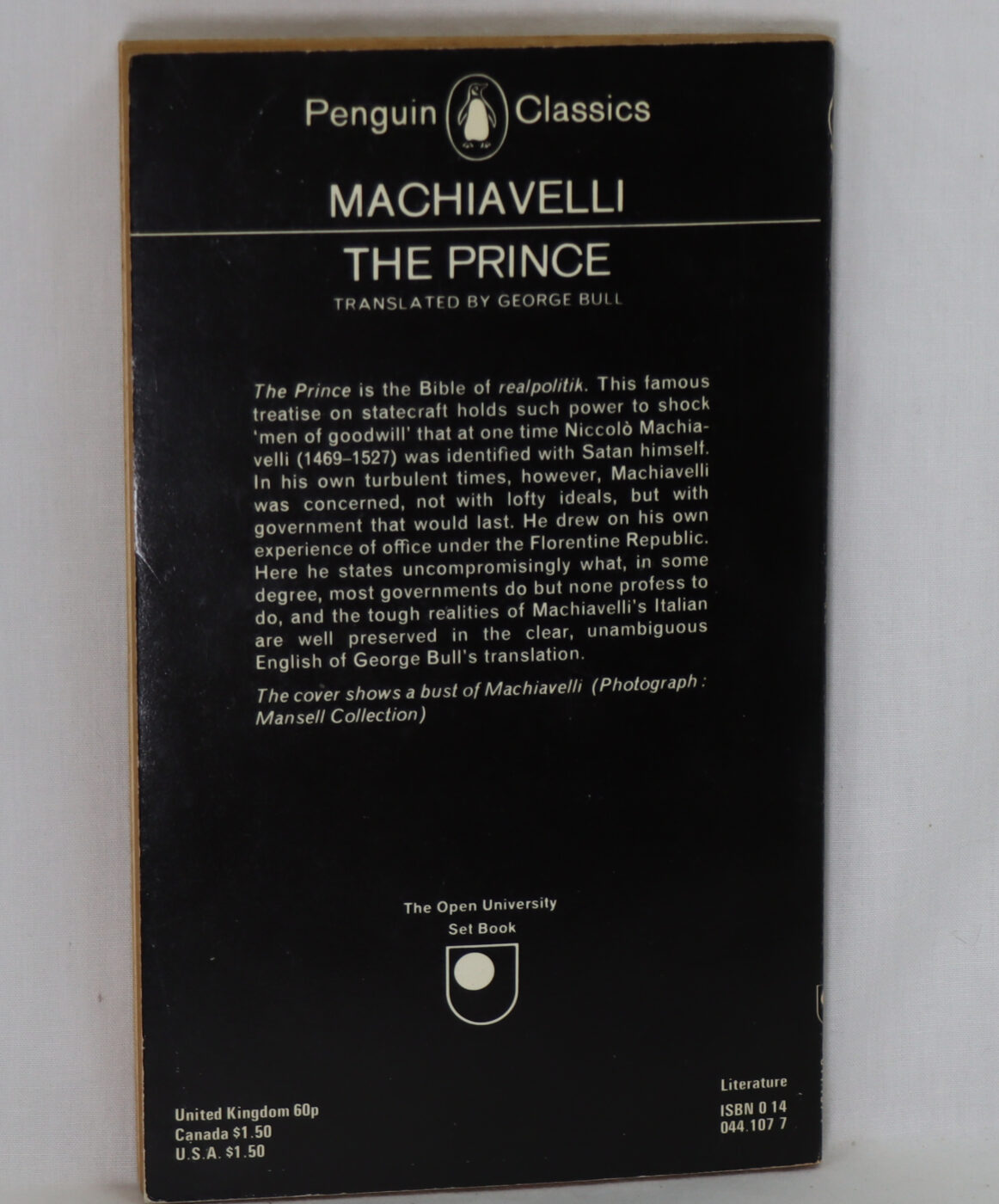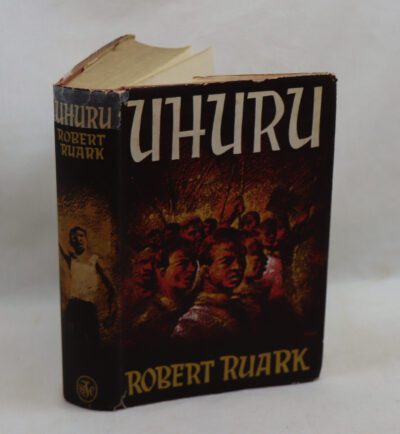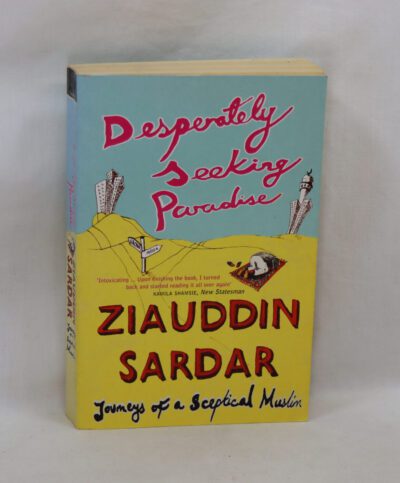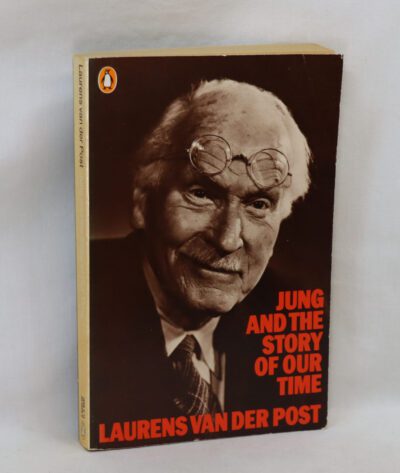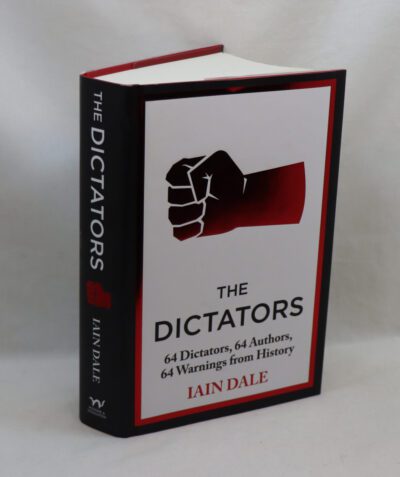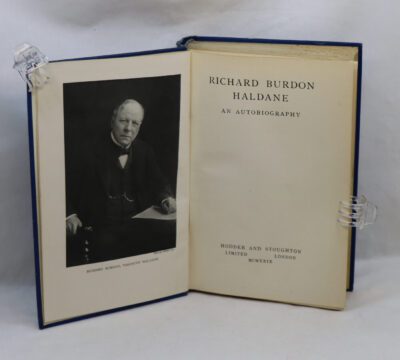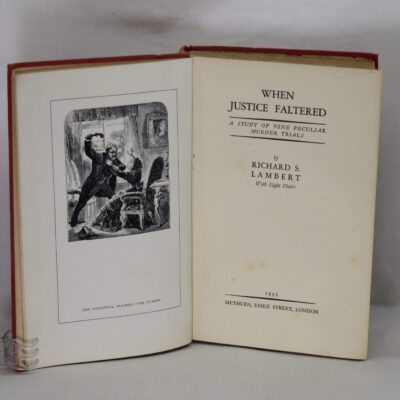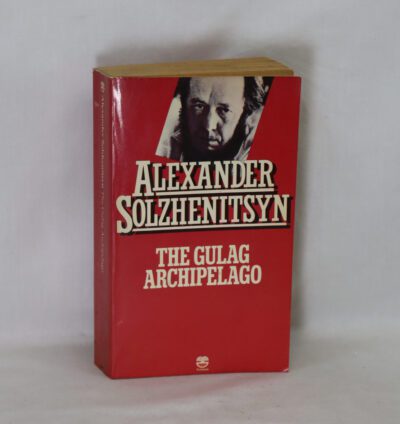The Prince. Machaivelli.
By Niccolo Machiavelli
ISBN: 9781108667845
Printed: 1977
Publisher: Penquin Books.
| Dimensions | 11 × 18 × 1 cm |
|---|---|
| Language |
Language: English
Size (cminches): 11 x 18 x 1
Condition: Good (See explanation of ratings)
Your items
Item information
Description
Paperback. Black title and sculpture on the black and cream cover.
We provide an in-depth photographic presentation of this item to stimulate your feeling and touch. More traditional book descriptions are immediately available
- This used book has a £3 discount when collected from our shop
Please view the photographs to explore further details on this book.
Niccolò Machiavelli’s ruthless manual for aspiring rulers, this Penguin Classics edition of The Prince is translated with notes by George Bull and an introduction by Anthony Grafton. The Prince shocked Europe on publication with its ruthless tactics for gaining absolute power and its abandonment of conventional morality. Niccolò Machiavelli came to be regarded as some by an agent of the Devil and his name taken for the intriguing ‘Machevill’ of the Jacobean tragedy. For his treatise on statecraft Machiavelli drew upon his own experience of office under the turbulent Florentine republic, rejecting traditional values of political theory and recognizing the complicated, transient nature of political life. Concerned not with lofty ideals, but with a regime that would last, The Prince has become the Bible of realpolitik, and still retains its power to alarm and to instruct.
In this edition Machiavelli’s tough-minded and pragmatic Italian is preserved in George Bull’s clear, unambiguous translation, while Anthony Grafton’s introduction depicts Machiavelli’s world of power struggles and intrigue, and discusses his role as political teacher of Europe.
Reviews:
-
“[Machiavelli] can still engage our attention with remarkable immediacy, and this cannot be explained solely by the appeal of his ironic observations on human behaviour. Perhaps the most important thing is the way he can compel us to reflect on our own priorities and the reasoning behind them; it is this intrusion into our own defenses that makes reading him an intriguing experience. As a scientific exponent of the political art Machiavelli may have had few followers; it is as a provocative rhetorician that he has had his real impact on history.” -from the Introduction by Dominic Baker-Smith
-
The Prince shocked Europe on publication with its ruthless tactics for gaining absolute power and its abandonment of conventional morality. Niccolo Machiavelli (1469-1527) came to be regarded as an agent of the Devil and his name was taken for the intriguing ‘Machevill’ of Jacobean tragedy. For his treatise on statecraft Machiavelli drew upon his own experience of office under the turbulent Florentine republic, rejecting traditional values of political theory and recognizing the complicated, transient nature of political life. Concerned not with lofty ideals, but with a regime that would last, The Prince has become the Bible of realpolitik, and still retains its power to alarm and to instruct.
-
I recently picked up “The Prince” by Niccolò Machiavelli, and I must say it’s nothing short of a literary gem. This classic work on politics and leadership is as relevant today as it was when it was first penned centuries ago. Machiavelli’s insights into the nature of power, the art of statecraft, and the dynamics of leadership are both thought-provoking and eye-opening. His pragmatic approach, often misconstrued as ruthless, actually offers a realistic perspective on the complexities of governance. The clarity of Machiavelli’s writing is commendable. He presents his ideas with precision and eloquence, making it accessible even to those not well-versed in political theory. His anecdotes and historical references add depth to his arguments, keeping the reader engaged throughout. Reading “The Prince” feels like having a conversation with a wise mentor who imparts invaluable wisdom about the intricacies of human nature and the strategies of leadership. Whether you’re a student of political science, a leader in the making, or simply curious about the workings of power, this book is a must-read. In conclusion, “The Prince” by Niccolò Machiavelli is a timeless masterpiece that deserves a place on every bookshelf. Its insights into the world of politics remain as relevant today as they were in the 16th century. If you’re seeking to expand your understanding of power, strategy, and leadership, do yourself a favor and dive into this classic. You won’t be disappointed.
Niccolò Machiavelli (1469-1527) was born in Florence, and served the Florentine republic as a secretary and second chancellor, as ambassador and foreign policy-maker. When the Medici family returned to power in 1512 he was suspected of conspiracy, imprisoned and tortured and forced to retire from public life. His most famous work, The Prince, was written in an attempt to gain favour with the Medicis and return to politics.
Want to know more about this item?
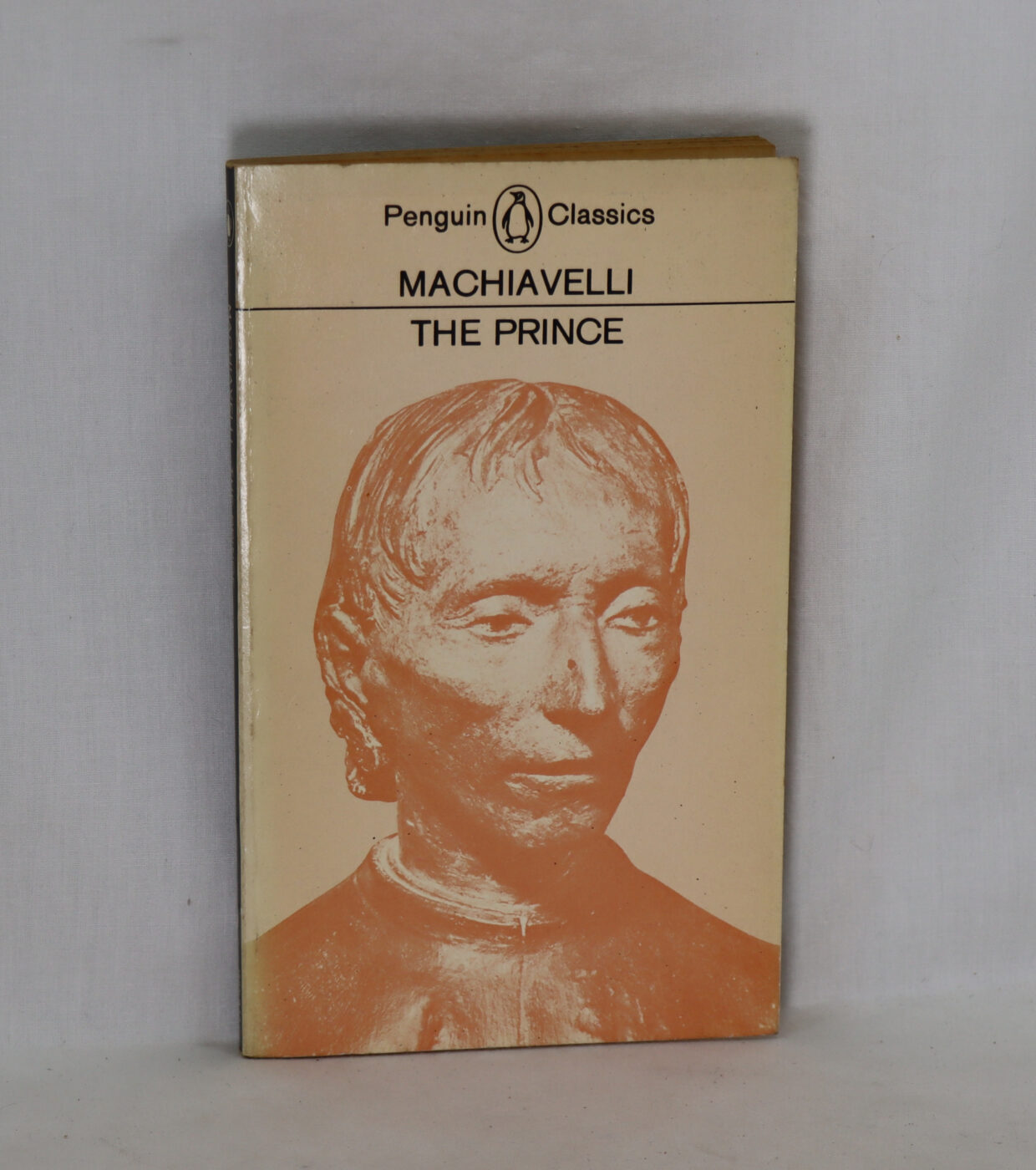
Related products
Share this Page with a friend

